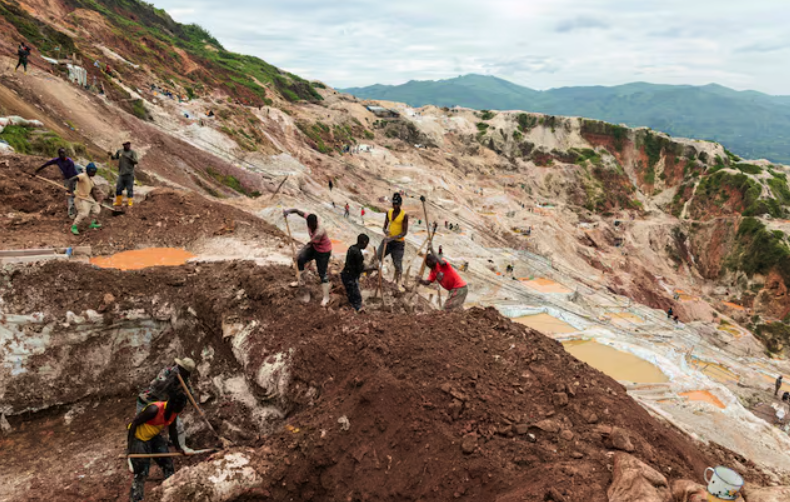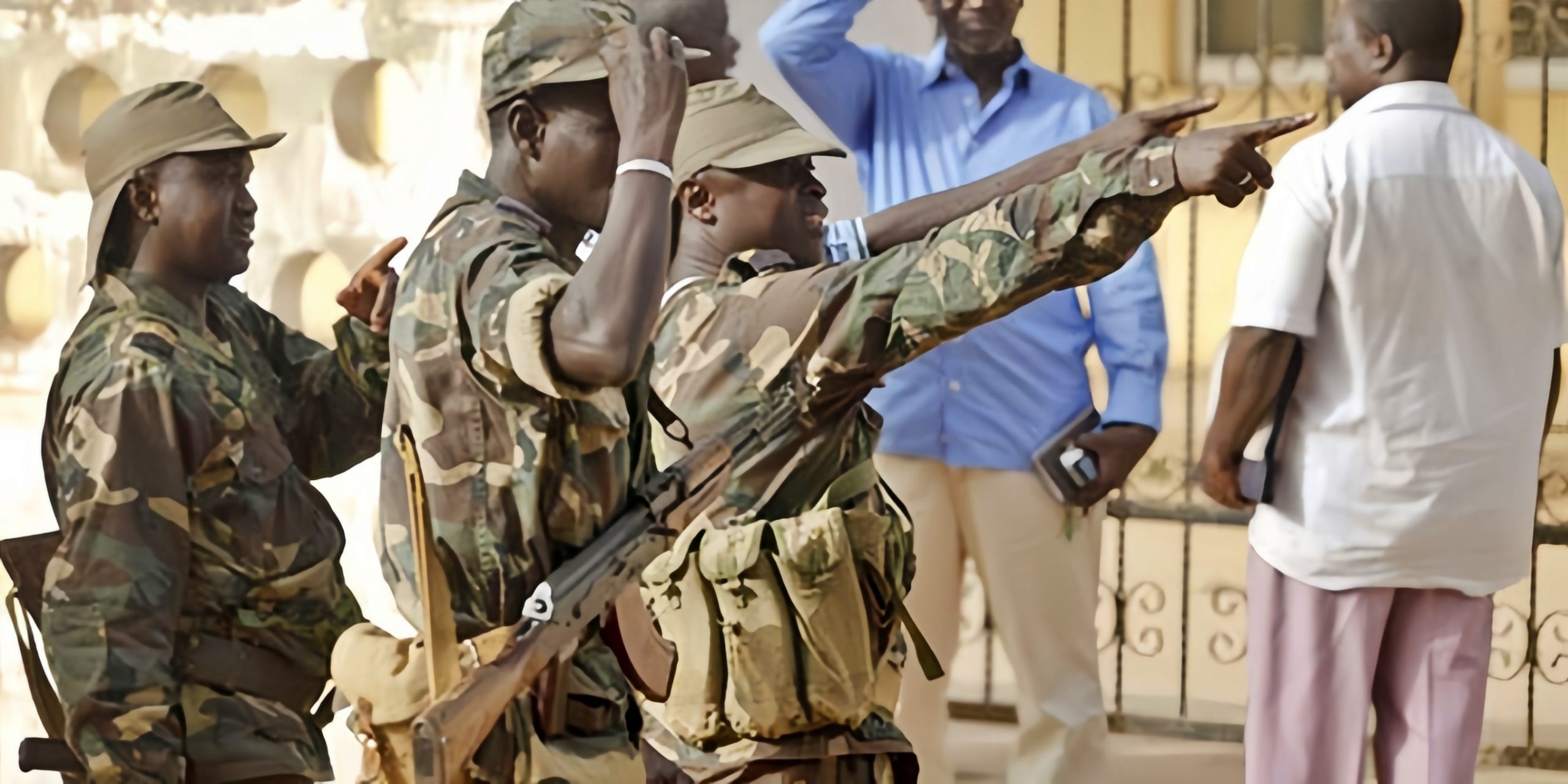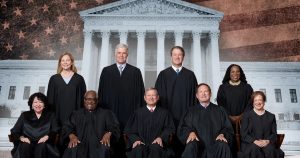Gambiaj.com – (BISSAU, Guinea-Bissau) – Gunfire rang out in central Bissau on Wednesday, heightening fears of instability less than 24 hours before the National Elections Commission (CNE) is due to announce provisional results from Guinea-Bissau’s November 23 presidential and legislative elections.
According to security sources, bursts from AK-47 automatic weapons were heard near the CNE headquarters and along the perimeter of the Presidential Palace shortly after midday. The gunfire was also reported in the vicinity of the Ministry of the Interior and Public Order.
A source within the Interior Ministry, speaking to The Gambia Journal on condition of anonymity, said a group of armed men stormed the CNE building and made an attempt to attack the Presidential Palace.
“All access routes to the Palace have been blocked, including areas close to the Portuguese Embassy,” the source confirmed, adding that heavily armed, hooded soldiers have been deployed around the compound.
Security forces are reportedly preventing political figures from moving through the area amid speculation that some leaders may seek refuge at the Portuguese Embassy.
The sudden escalation comes as the country awaits Thursday’s announcement of provisional results.
With tensions already high, the electoral process has taken a dramatic turn as both leading presidential contenders, incumbent Umaro Sissoco Embaló, backed by the Republican Platform Nô Kumpu Guiné, and independent candidate Fernando Dias da Costa, supported by the PAI Terra Ranka and API Cabas Garandi coalitions, have publicly claimed victory.
Their rival declarations have fueled uncertainty in a nation with a long history of political volatility and military interference. Analysts warn that without restraint and dialogue, the situation could quickly deteriorate.
As of Wednesday evening, authorities had not issued an official statement on the armed incidents. The CNE headquarters remains under tight security as the country braces for Thursday’s results, with residents expressing fear that further violence could erupt.
Guinea-Bissau, already on edge, now faces one of the most tense moments of its electoral cycle in recent years, raising urgent questions about security, legitimacy, and the path forward once the results are made public.










